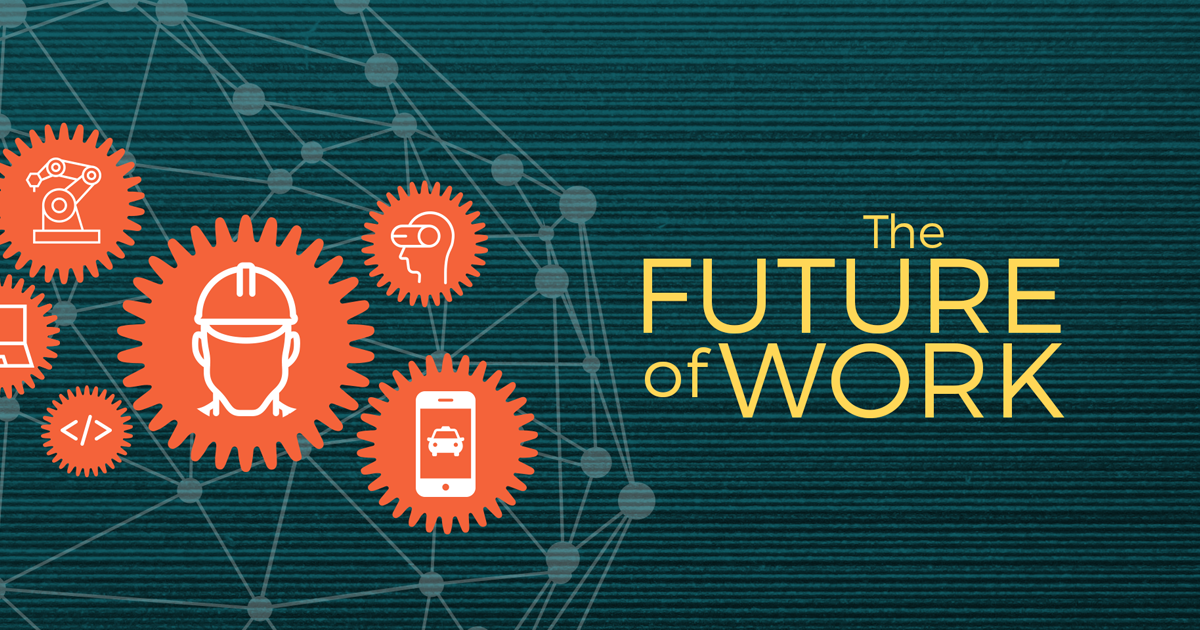The Future of Work

The Future of Work: Embracing Skills-Based Hiring, Tech & Green Jobs, and Holistic Employee Development
As global labor markets continue to evolve, three key trends are reshaping how organizations attract, retain, and develop talent: a shift toward skills-based hiring, a surge in demand for technology and green jobs, and a growing emphasis on employee well-being and continuous learning. Together, these trends reflect a broader transformation in how we define talent and prepare the workforce for a rapidly changing economy.
Skills-Based Hiring: Redefining Talent
Traditional hiring models, which prioritize degrees and job titles, are giving way to a more inclusive and practical approach: skills-based hiring. This method evaluates candidates based on what they can do, rather than where they’ve worked or studied.
Employers are increasingly realizing that competencies like problem-solving, communication, adaptability, and technical know-how often outweigh formal credentials. Organizations such as IBM, Google, and Walmart have already removed degree requirements from many roles, instead focusing on portfolios, certifications, hands-on experience, and performance in skills assessments.
This approach opens the door for non-traditional candidates, including self-taught developers, community college graduates, bootcamp alumni, and career changers. It not only broadens the talent pool but also helps address diversity and equity gaps by reducing barriers to entry.
Rising Demand for Technology and Green Jobs
At the same time, demand for specialized skills is growing—particularly in technology and green sectors. The acceleration of digital transformation has made roles in data science, cybersecurity, cloud computing, and AI engineering more critical than ever. According to recent labor market reports, tech jobs are expected to grow much faster than the average for all occupations over the next decade.
Simultaneously, the global push toward sustainability is driving demand for green jobs in areas such as renewable energy, electric vehicle infrastructure, sustainable agriculture, and environmental management. The International Labour Organization (ILO) estimates that the green economy could create 24 million new jobs globally by 2030.
Both sectors require a dynamic mix of technical knowledge, adaptability, and continuous learning—qualities that are well aligned with skills-based hiring practices.
Well-Being and Lifelong Learning: The New Workforce Imperatives
Beyond hiring, companies are rethinking how they support employees across the lifecycle of their careers. The pandemic era underscored the importance of mental health, flexibility, and purposeful work. In response, organizations are investing more in employee well-being—offering resources like mental health services, flexible work arrangements, and supportive leadership training.
Simultaneously, continuous learning has become essential to both employee satisfaction and business resilience. Upskilling and reskilling programs help workers stay relevant as technologies and industries evolve. Platforms such as Coursera, LinkedIn Learning, and in-house academies are enabling employees to expand their capabilities at their own pace.
Forward-thinking organizations are integrating learning into the flow of work, encouraging a culture where curiosity and growth are embedded into daily practice. This not only prepares the workforce for the future but also boosts engagement, retention, and innovation.
Looking Ahead
The convergence of skills-based hiring, booming tech and green industries, and a human-centered approach to development signals a new era for work. Employers who adapt to these changes will be better equipped to attract top talent, drive performance, and thrive in a fast-changing world.
To succeed in this future, organizations must move beyond outdated models and embrace a more flexible, inclusive, and sustainable vision of work—one where skills are the new currency, learning never stops, and people come first.
